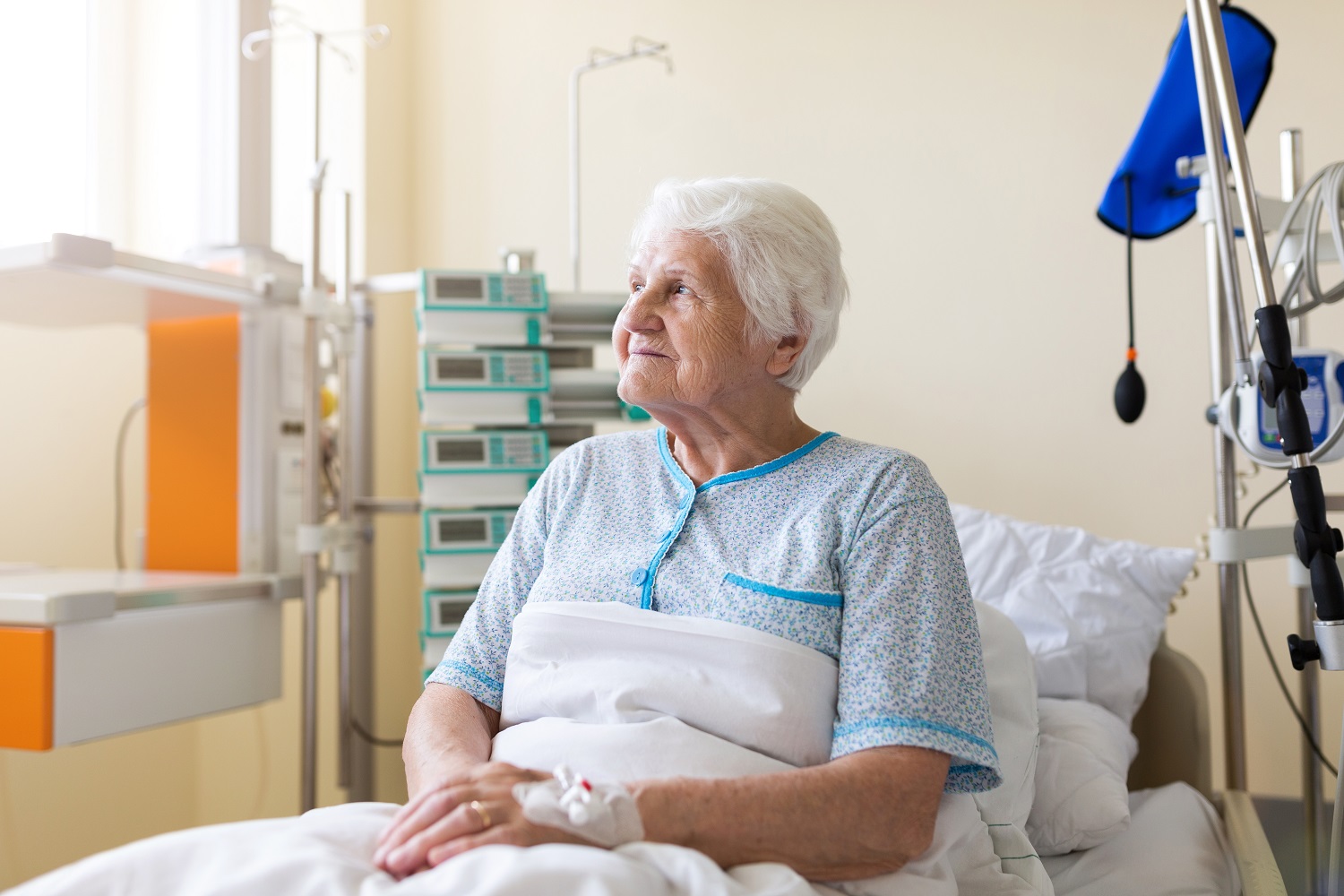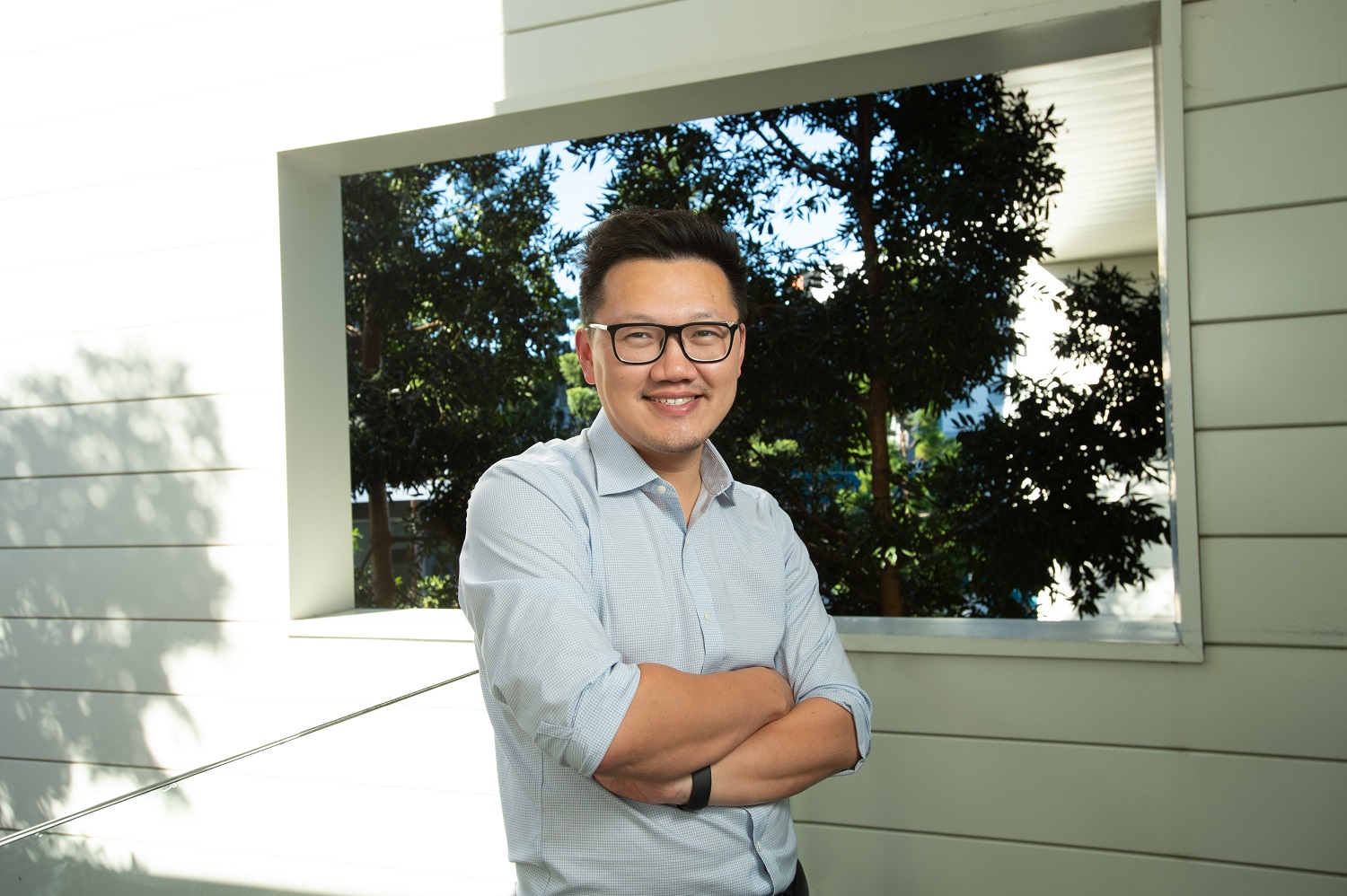
Flinders Caring Futures Institute Director, Professor Raymond Chan, will lead a world-first trial aiming to improve quality of life and develop cost-effective care solutions for people with rare neuroendocrine tumours (NETs) that can be applied to other cancers in the future.
The trial, called AUS-NET, has been bolstered by a $2.37 million grant recently awarded by the Australian Government’s Medical Research Futures Fund (MRFF). The project also involves Flinders Caring Futures Institute members Dr Nicolas Hart and Professors Gillian Harvey and Michelle Miller.
“Neuroendocrine tumours are rare cancers that affect fewer than 1 in 5000 Australians, but those who live with them suffer from a lot of distressing symptoms and treatment side effects and the current health system can’t always meet these patient needs,” Professor Chan explains.
“Furthermore, specialist-only care cannot always sufficiently meet all patient medical needs, and the current system does not allow for the involvement of GPs and allied health professionals.”
The trial will investigate the effectiveness of a shared-care model, diversifying the range of medical professionals who care for those with NETs, including the patient’s GP, shifting the focus away from acute hospital settings.

“What our model will do is to treat people away from specialised cancer centres, in some cases reducing the need to travel, and instead shift the care to a multidisciplinary healthcare team, including the patient’s specialist team, general practitioners, practice nurses, and community allied health practitioners,” Professor Chan says.
504 people currently receiving treatment for NETs at five cancer centres in South Australia, New South Wales, Victoria, Queensland and Western Australia will be involved in the trial.
While shared-care models have been implemented previously for more common cancer types including breast cancer, colorectal cancer, prostate cancer, and lymphoma, this will be the first trial to test it on the management of rare cancers, with the care model not currently utilised anywhere in Australia or abroad.
“Rare cancer historically gets very little advances in their care and treatment, but this focus has shifted in recent years, and we have begun to see a lot more policy, political and media focus on rare cancer,” says Professor Chan.
“With mounting pressure on our acute care and hospital system, beyond the issues we’ve seen during the pandemic, capitalising on the expertise of primary care is one key strategy for ensuring the sustainability of our health system.
“Our trial will be a world first and the knowledge generated will inform health care policy and completely transform the way people with neuroendocrine cancer, and in the future other rare cancers, are cared for.”
The project, Implementing a Nurse-Enabled, Shared-Care Model to Address Unmet Needs of People with Neuroendocrine Tumours: the AUS-NET trial, has been funded by the MRFF’s Rare Cancers, Rare Diseases and Unmet Need Grant Opportunity scheme.
Joining the Flinders Caring Futures Institute researchers on the project are Professor Jon Emery from the University of Melbourne, Professor Michael Jefford from the Peter MacCallum Cancer Centre, Associate Professor Sanjeewa Kularatna and Lee Jones from the Queensland University of Technology, Associate Professor David Wyld from the Royal Brisbane and Women’s Hospital and Dr David Chan from the Royal North Shore Hospital, Sydney.

